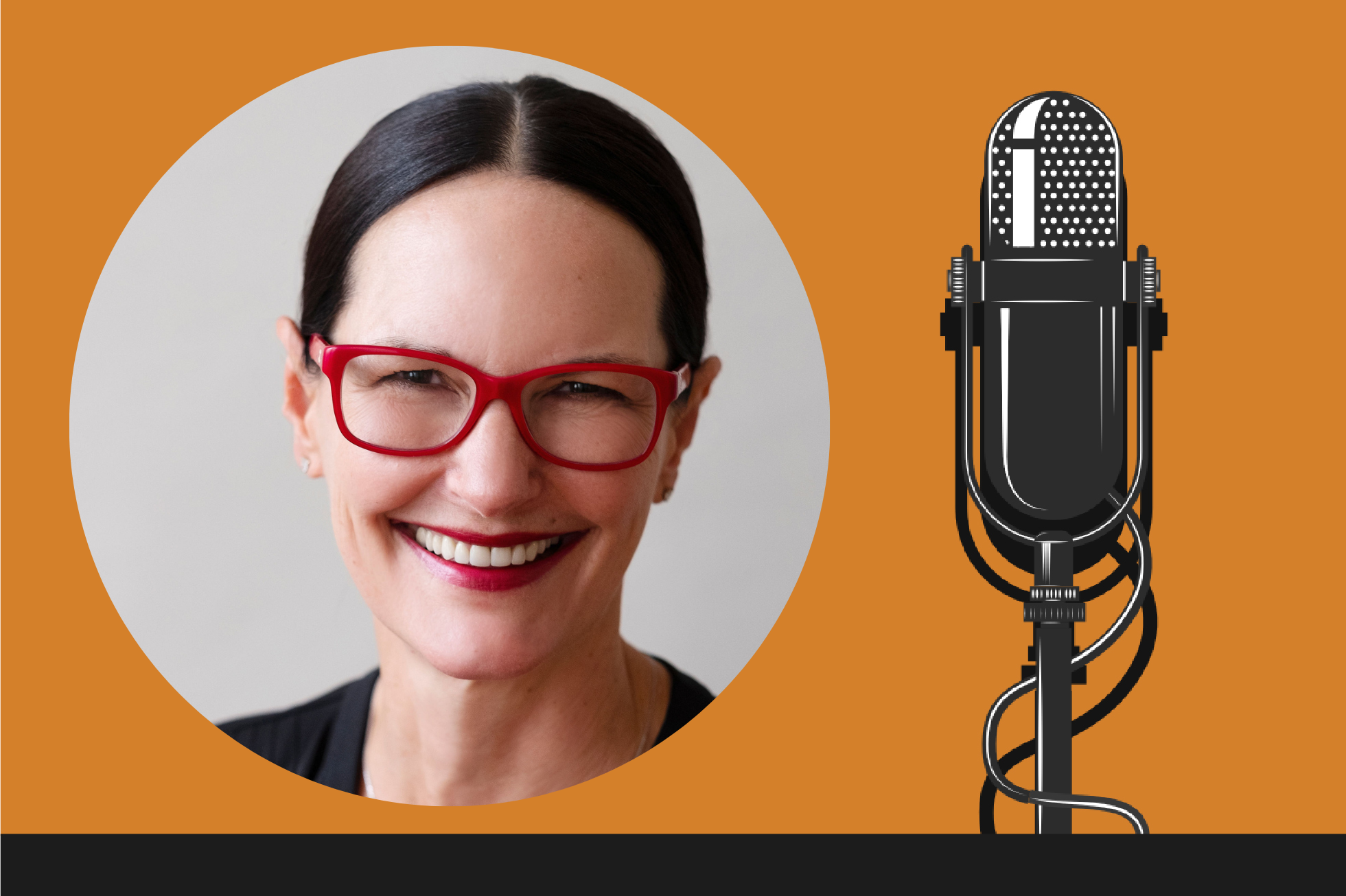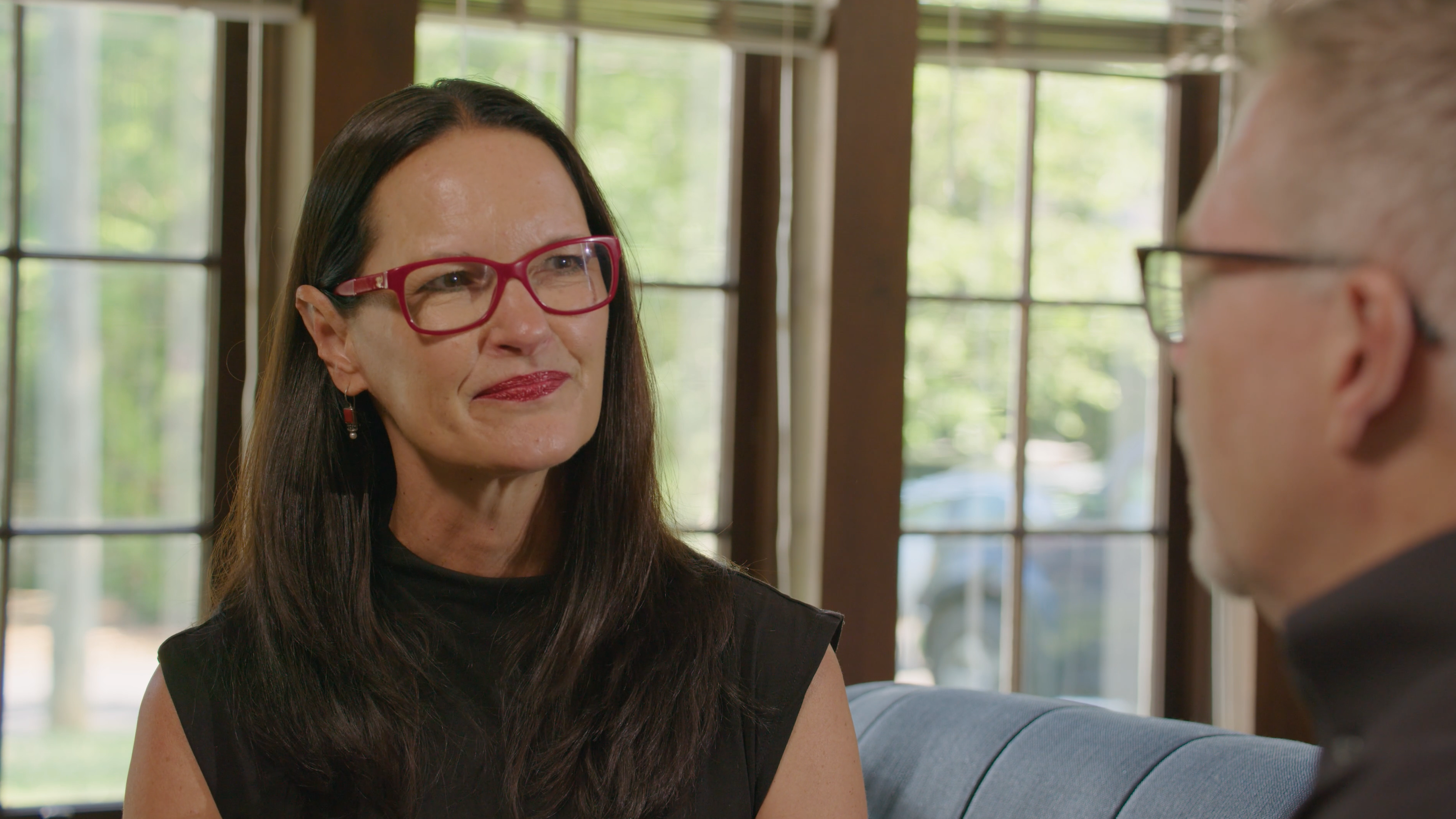Get Your Donor Calling Muscles with this Checklist
This is the perfect time to sharpen your donor connection skills. And one area I want to focus on today is what we typically call “cold calling,”...
2 min read
 Veritus Group
:
Updated on November 27, 2024
Veritus Group
:
Updated on November 27, 2024

Do you remember the last time you left a meeting feeling like your time was respected and real progress was made? I’d bet there was someone leading that meeting who was well prepared and helped to keep everyone on track.
Well, when you meet with your donors, that’s a key part of your role, too.
It takes practice to facilitate meetings in a way that’s respectful of a donor’s time and energizes them to give. It requires you to prepare properly (research your donor and outline your goals), set clear expectations for your meeting, and stay curious throughout your conversation.
In this Question of the Month video, Karen shares and discusses the basic steps to running a donor meeting that can positively impact your success as a fundraiser and your organization as a whole.
Hi there. I’m Karen Kendrick, Senior Director of Client Engagement at Veritus, and today I want to share something that will change the way you think about your donor conversations. Think about the last time you left a meeting feeling like your time was respected and real progress was made. I would bet there was someone leading that meeting who was well prepared and helped keep everyone on track. When you meet with your donors, that’s a key part of your role. But it takes practice. So let’s break it down a little bit.
How do you facilitate an effective donor meeting? So in our Permission-Based Asking model, we explain that you have two roles in your donor interactions: being a partner and a facilitator. So to be a good partner, you want to connect your donor’s passions and interests to your organization’s work. And you need to know, then also how to facilitate and run that meeting. So here are the basic steps.
First, preparation is key. Research your donor, outline your goals, share the agenda in advance, and make sure the donor is in agreement to come have this meeting with you about this agenda. Next, set clear expectations for everyone present, define your roles, and clarify that your goal is to be both a partner to your donor, helping them find the right giving opportunity, the right connections, and a facilitator during the conversation to clarify any questions and make sure everything is moving along and flowing well, and everyone’s time is honored.
So as the conversation gets going, it’s important to stay curious, especially when things are going in a different direction than you’d expected. Ask open-ended questions so that you can get to know your donor on a deeper level and learn more about their giving goals. And as you keep the meeting moving along, also remember to allow for silence. When appropriate, it’s okay to take a pause after asking a question, so you can give your donor a moment to think.
Finally, celebrate the donor no matter the outcome. Thank them for sharing where they are in the process, and celebrate the difference they’ve made for your mission.
I hope this helps as you prepare for your next donor meeting. If you could use some more support to help you become an even better facilitator and partner to your donors, take a look at our course on making effective donor asks. You can learn more about it and register for the course by following the link on this page.
Thanks for listening and take care.

This is the perfect time to sharpen your donor connection skills. And one area I want to focus on today is what we typically call “cold calling,”...

Some people may think that a fundraiser’s job is to get donors to say “yes.” But that’s not accurate. As fundraisers, our job is not to pressure...

Today, I’m really excited to begin a series of six blogs that will introduce a new asking model that Veritus has created. It’s called...